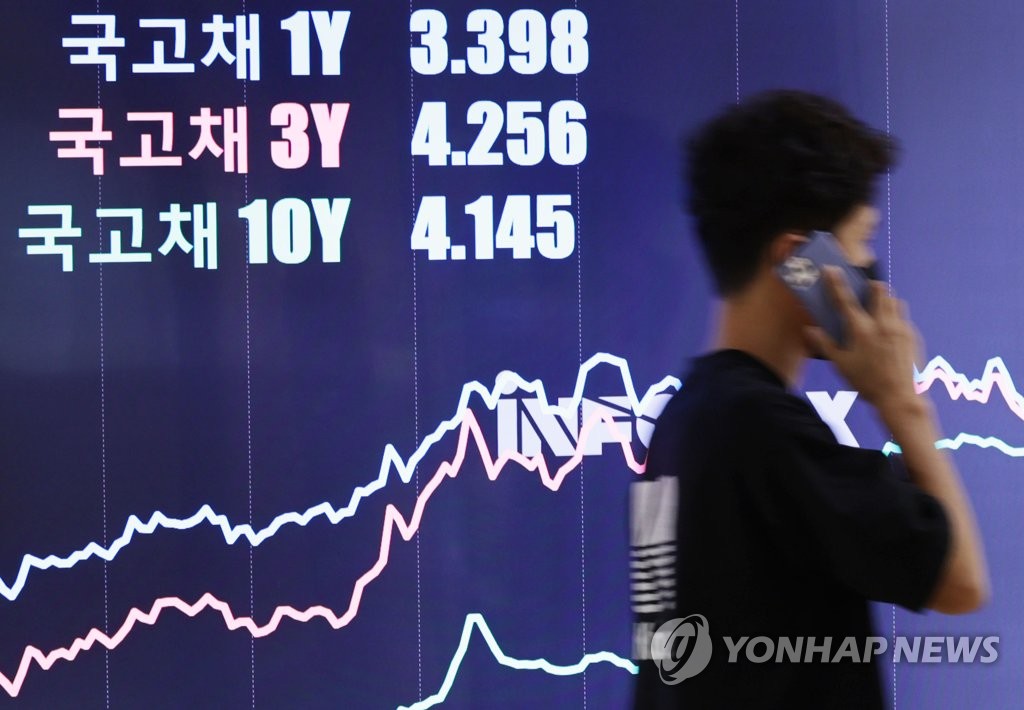- California Assembly OKs highest minimum wage in nation
- S. Korea unveils first graphic cigarette warnings
- US joins with South Korea, Japan in bid to deter North Korea
- LPGA golfer Chun In-gee finally back in action
- S. Korea won’t be top seed in final World Cup qualification round
- US men’s soccer misses 2nd straight Olympics
- US back on track in qualifying with 4-0 win over Guatemala
- High-intensity workout injuries spawn cottage industry
- CDC expands range of Zika mosquitoes into parts of Northeast
- Who knew? ‘The Walking Dead’ is helping families connect
S. Korea to work closely with FTSE Russell for inclusion in WGBI
South Korea’s finance ministry said Wednesday it will work closely with FTSE Russell for the country’s potential inclusion into the World Government Bond Index (WGBI), in line with efforts to attract more foreign investment.
“We plan to promptly seek tax exemptions on foreign investment, and promote (South Korea’s) inclusion into the WGBI, and build stronger grounds for the demand of government bonds,” First Vice Finance Minister Bang Ki-seon said during a meeting with officials from global investment banks.
The remark came as South Korea has been making efforts to revitalize the government bonds market, as their yields have been rising sharply amid lingering concerns over inflation and uncertainties in the global financial market. Bond prices move inversely to yields.
The yield on three-year Treasurys came to 4.186 percent at end-September, rising sharply from 1.798 percent tallied at end-December of 2021, according to the Ministry of Economy and Finance.
The WGBI, operated by FTSE Russell, is a broad index designed to measure the performance of government bond markets, including local currencies and sovereign bonds of major advanced nations.
South Korea was added to its watch list for potential inclusion in September. The finance ministry said the final decision may be made as early as March.
Citing an estimate by Goldman Sachs, the finance ministry said the inclusion would help South Korea invite foreign investment of around 60 trillion won (US$42 billion) to 90 trillion won.
Starting Monday, South Korea also began exempting taxes on interest income and capital gains for non-residents and foreign companies’ investment in Treasurys and monetary stabilization bonds.
The country earlier planned to implement the exemption in 2023. The faster-than-expected move apparently came as the Korean won continued to dive against the greenback throughout this year, dipping around 16 percent so far.

A monitor installed at the office of Yonhap Infomax, the financial data firm of Yonhap News Agency, shows the yields on government bonds, in this file photo taken Sept. 30, 2022. (Yonhap)











